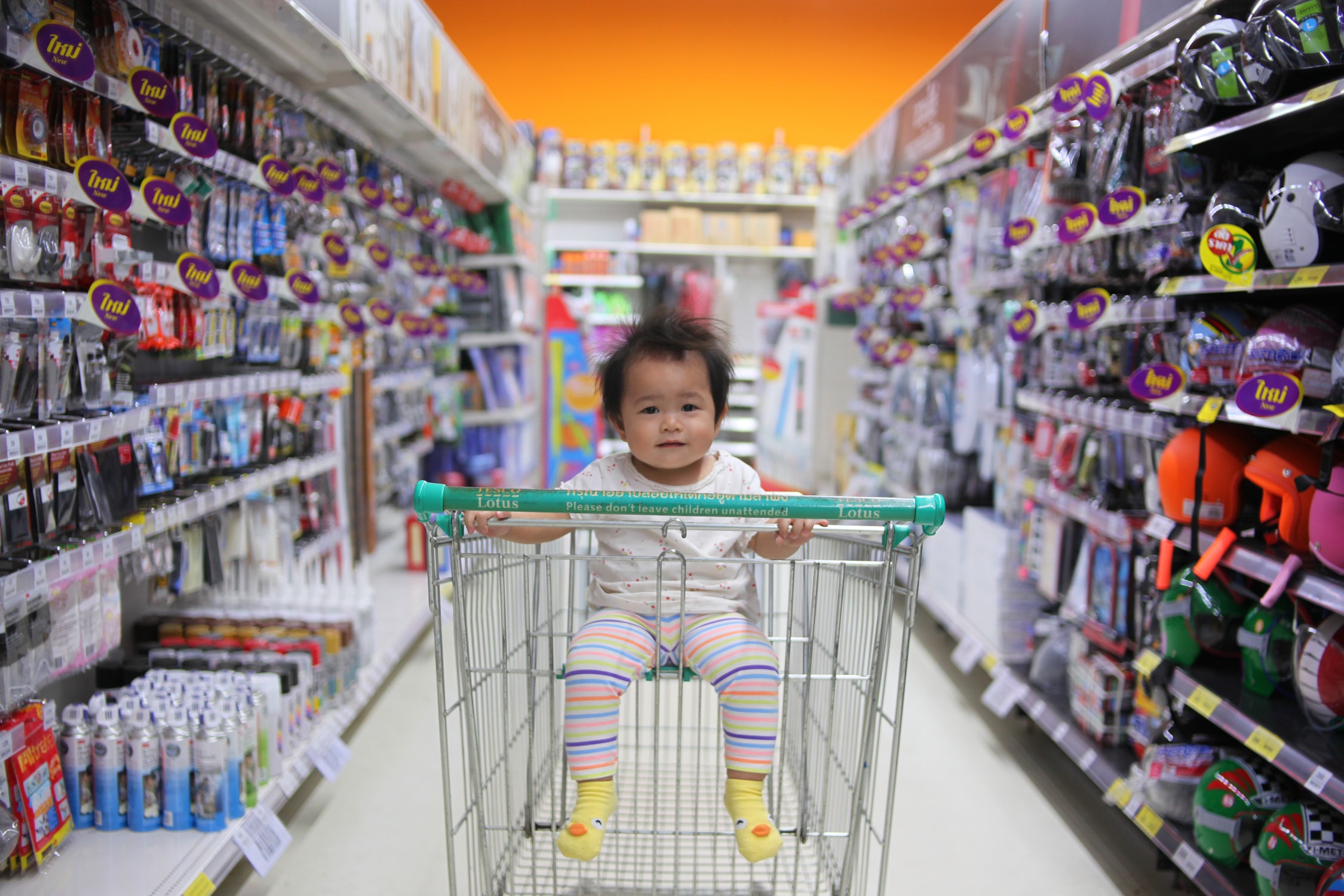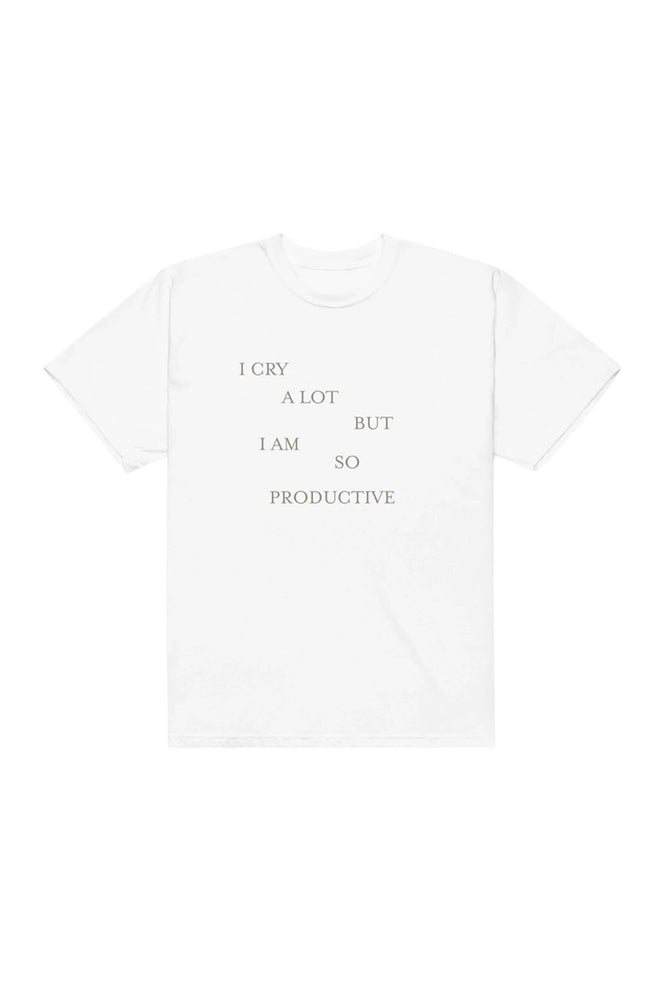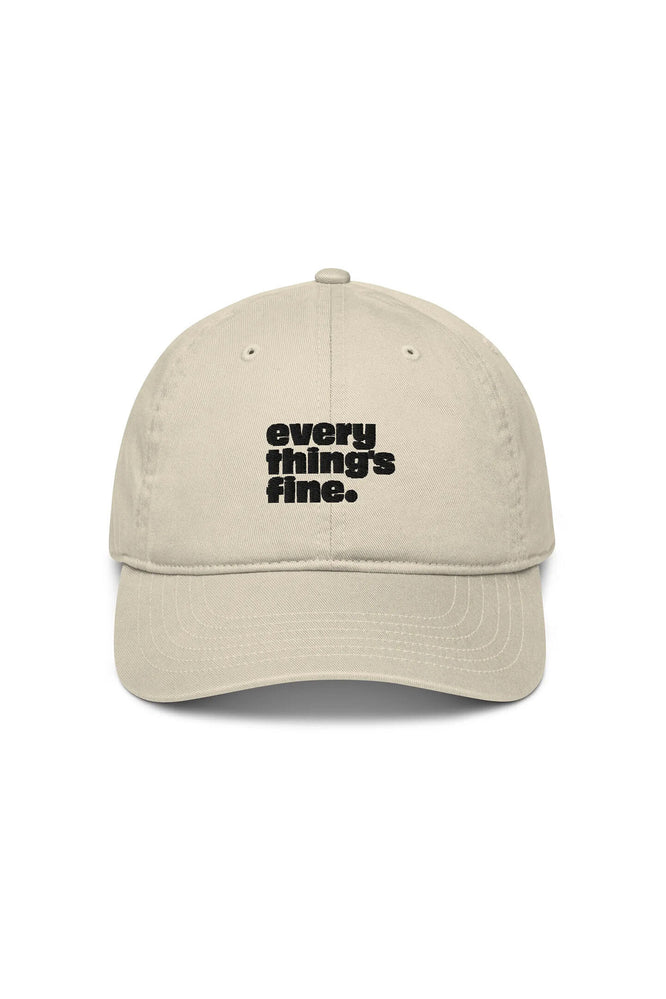This article is probably going to #trigger a lot of you, so go ahead and read your horoscope or one of our Real Housewives articles to calm down before you @ me in the comments.
With the dawn of social media has come the dawn of oversharing. So many people feel the need to have their existence validated in the form of comments and likes on Instagram, Twitter, and Facebook that it makes my head spin. Now that our generation (millenials for life) is hitting the wedding and kid age, you may have noticed that a lot of your friends are constantly (and I mean CONSTANTLY) sharing stories, pictures, and videos of their kids and partners online.
The question is, how much is too much? Will the subject of these videos, the children, be cool with the fact that mom is documenting a blowout/bath/toddler meltdown for the whole world to see? Let’s break it down.
The Rise Of “Sharenting”
Oh, yeah, there’s a name for it. If you weren’t aware, “sharenting” is basically sharing everything your kid does while simultaneously asking for advice, posting embarrassing sh*t, and generally airing out your parenting dirty laundry all over the internet. It doesn’t, on the surface, seem like that big of a deal. However, it can lead to everything from your kids looking for validation in the form of likes later, to identity theft, to children feeling like they have no sense of privacy.
We get that sharing that inspirational quote with a picture of bath time gone wrong is going to probably get a lot of likes from your friends, but is it worth it? You’re creating a digital identity for your child before they can even say, “mom, chill with the photos.”
Not Sharing Helps Your Kids Later
It may seem like a wild thought when you’re up at 3am changing diapers, but eventually, your kid is going to grow up and see all the stuff you’ve posted about them online (provided the internet still exists then). In addition to them feeling weird about it, all that sharing can actually lead to serious problems, like identity theft. According to Forbes, “Barclays has forecast that by 2030 ‘sharenting’ will account for 2/3 of identity fraud, costing hundreds of millions of dollars a year. With just a name, date of birth, and address (easy enough to find in a geotagged birthday party photo on Facebook, for example), bad actors can store this information until a person turns 18 and then begin opening accounts.”
That kind of makes you stop and think about posting the full name, date, time, and location of your kid’s first birthday party, doesn’t it? As someone who has personally dealt with having my social security number stolen and having some jackass try to file taxes in my name (joke’s on you—I have no money), I can attest to how not fun that situation is. Is posting that photo or video really worth the headache your kid may endure later?

Aside from identity theft, posting about behavioral issues, tantrums, illnesses, and other trials and tribulations your kid is going through could come back to hurt them later. Maybe your kid, upon reaching age 10, didn’t really want people to know that they were wetting the bed/had a biting issue/licked walls, even though it was hilarious at the time. You posting that online didn’t really give them a choice in sharing that information when, at the end of the day, it directly affects them.
Genevieve von Lob, a clinical psychologist consulted for an article about sharenting on The Guardian, says, “‘More and more parents are questioning the wisdom of posting so much about their kids online. The pictures that are uploaded can form a permanent digital tattoo. Because it’s all so new for parents, we need to start thinking about asking children’s permission to post online.” She wants parents to ask themselves, “Are you leading with a positive, respectful, appropriate example? Are you modelling that you think before you share online? If parents are posting things online to get likes, it’s about getting that validation from others. It’s important kids aren’t learning that posting [photographs] is a way of being validated.'”
So, if you’re sharing everything from cute outfits to “inspirational” mommy quotes with a pic of your kid to tummy time and everything in between to get validation that you are a GREAT parent, your kid is going to pick that up. Basically, don’t be surprised when they try to drop out of high school to be an influencer.
This Isn’t Your Dog
It kind of goes without saying, but your dog isn’t a person.
** slams computer shut in disgust **
You dog doesn’t have a future other than to play all day, sleep all night, and eat whatever you drop on the floor while providing unquestionable loyalty and snuggles. Your kid, however, could potentially be looking at going to an Ivy League school, or trying to make friends while appearing normal. Whatever the case, your kid is not your dog, and documenting their antics to the same degree you’ve documented that of your pets isn’t all that chill. Like, do you think your kid, when they hit age 15, is going to be SO PSYCHED that you posted that time they smeared sh*t all over the walls of the nursery? How about when they just looked **so adorable** during naked naptime? It’s important to remember that your baby is a person, and just because they can’t tell you to stop posting sh*t now, doesn’t mean they won’t think it (and yell at you about it) later.

Stacey Steinberg of the University of Florida’s Levin College of Law wrote a legal analysis regarding sharenting and was consulted for this Forbes article. Steinberg concludes that “it’s important to give children the right to say no to parental posts about them (including photos, quotes, and descriptions of their accomplishments and challenges). She notes that by age four, children have a sense of self and have already begun to compare themselves with others.” Additionally, Steinberg says, “‘children who grow up with a sense of privacy, coupled with supportive and less controlling parents, fare better in life. Studies report these children have a greater sense of overall well-being and report greater life satisfaction than children who enter adulthood having experienced less autonomy in childhood.” She emphasizes, “Children must be able to form their own identity and create their own sense of both private and public self to thrive as young people and eventually as adults.'”
Your dog doesn’t NEED a sense of autonomy in puppyhood to experience greater life satisfaction. You kid, on the other hand, totally does.
Post, But Keep It Chill
Overall, posting a few pics here and there of your cute kid or kids is like, fine. They aren’t going to be mentally damaged by it; your friends may talk sh*t about you behind your back, but you can rest assured that you’re just one of millions of cool moms documenting your “totally crazy fun #blessed” life on social media.

But, for the love of God, try to keep it to a minimum. Personally, I would rather see your dog than your spawn—and, also, you’re potentially setting your kid up for all the issues we discussed above. If you just NEED to post that pic, keep it vague, don’t geotag, and limit your audience. Even better, send the video via text to friends and family, post for a limited audience as a story on Facebook or Instagram, or Snapchat it. No matter what you want to post, think before you do it. For f*ck’s sake, think of the children.
Images: Jomjakkapat Parrueng, Unsplash; Giphy (3)

















































